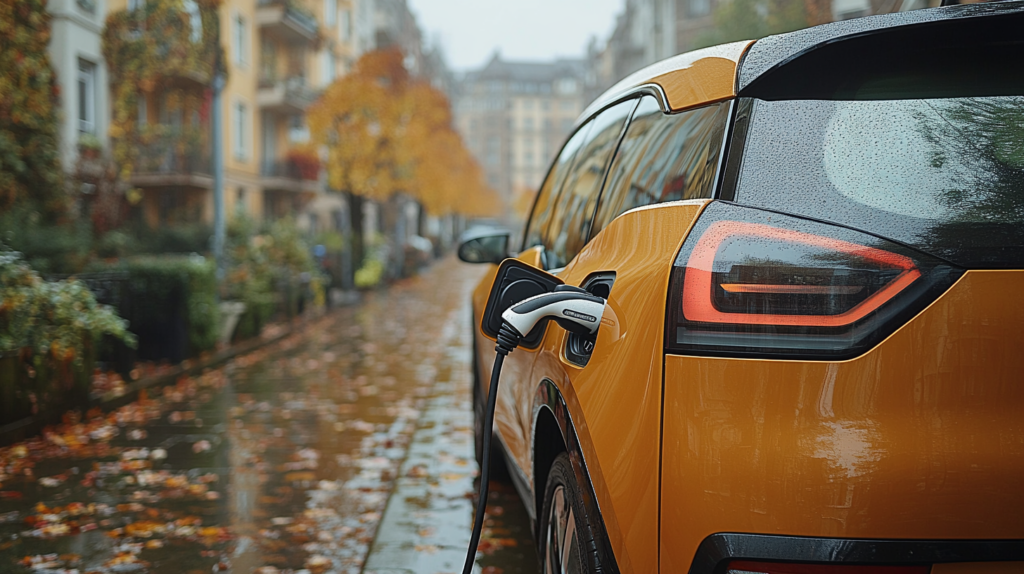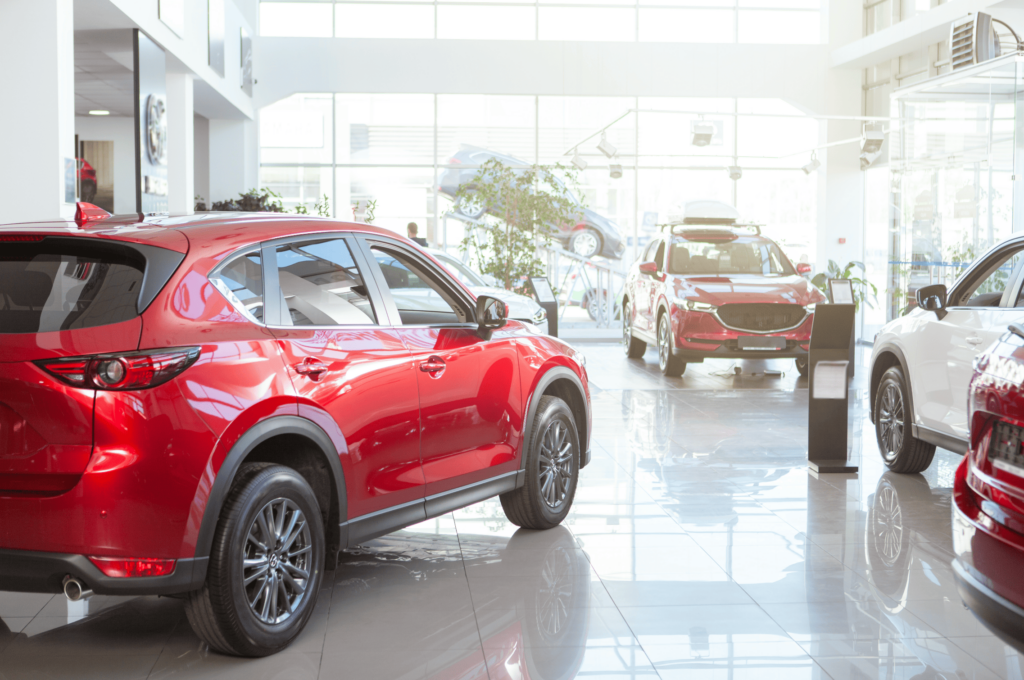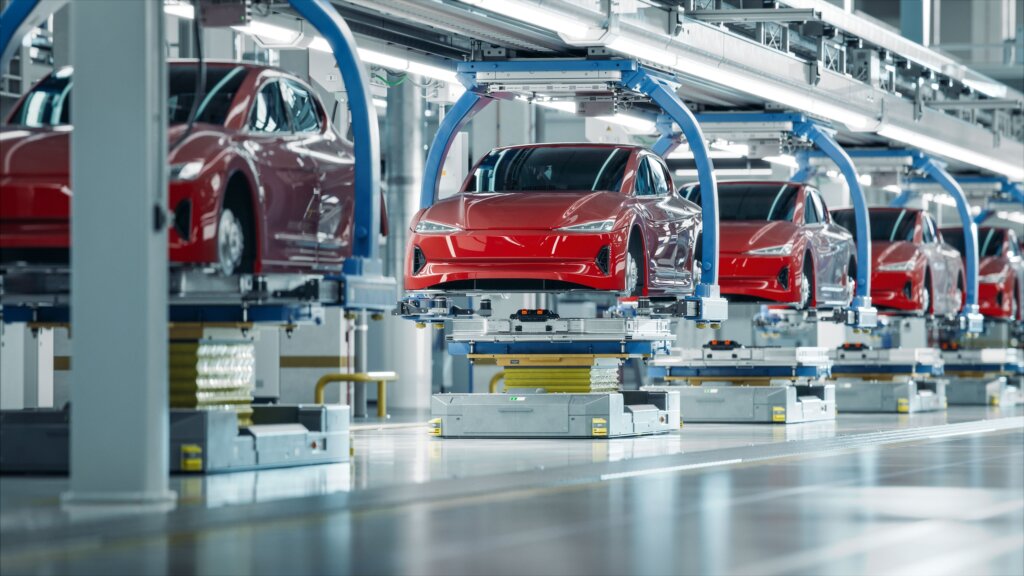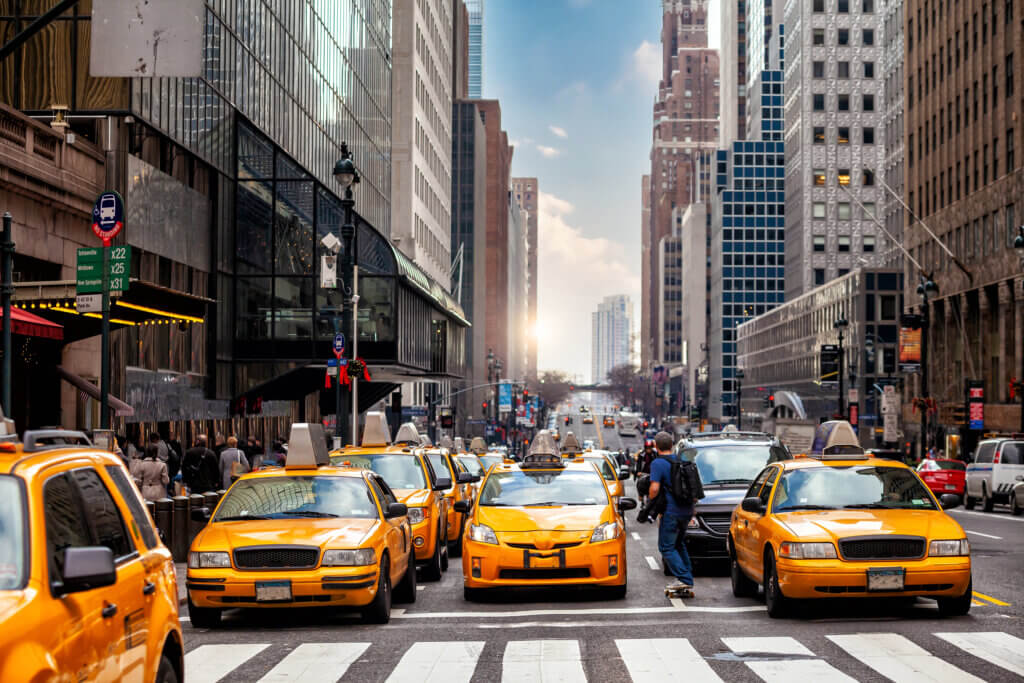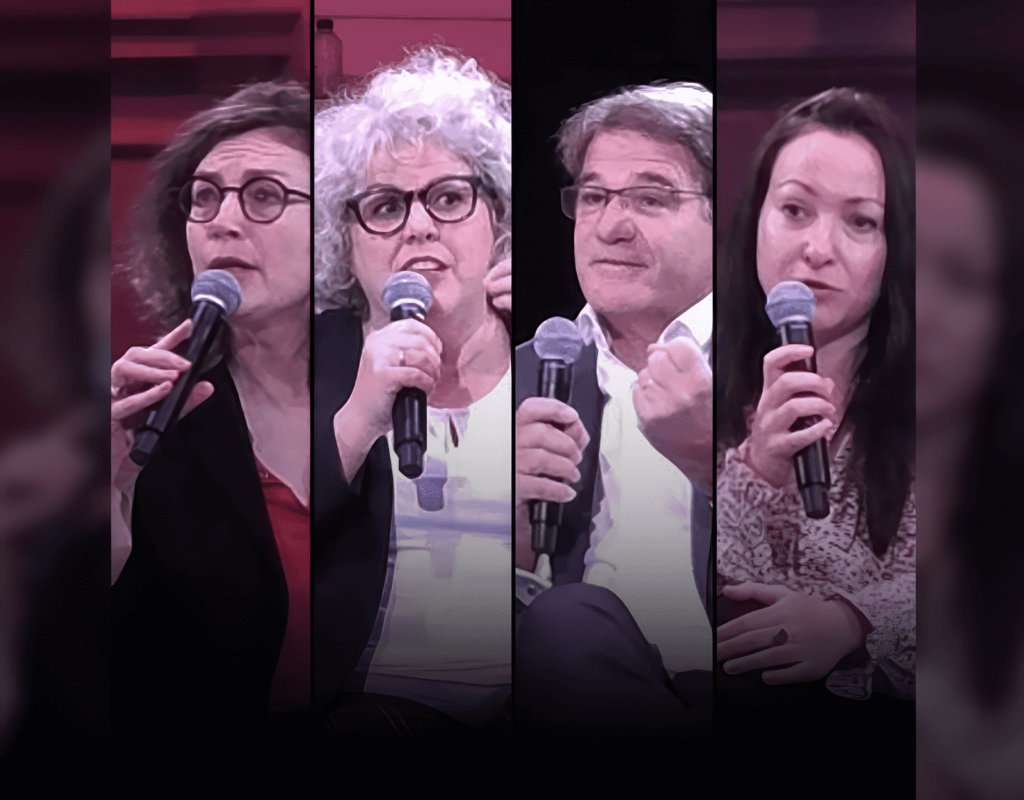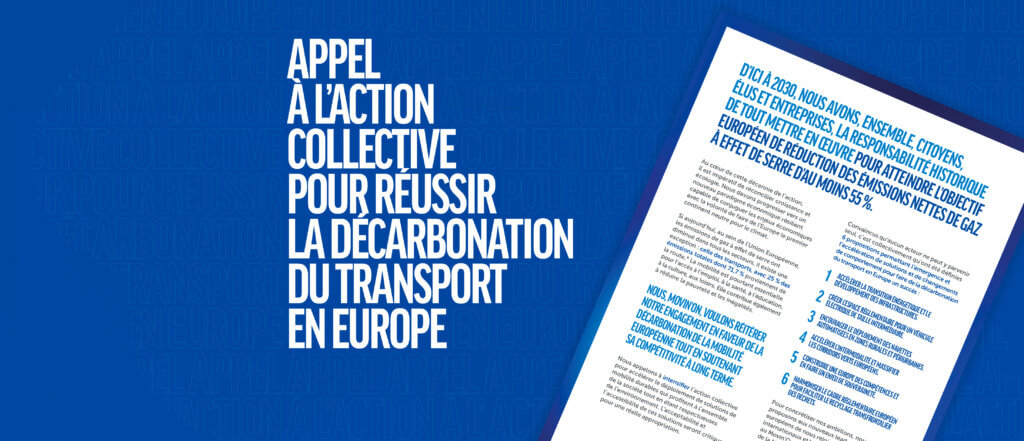Normal Will Never Be the Same
A Rivian-Volkswagen joint venture will develop electrical/electronic (E/E) architecture and advanced software technology for electric cars, trucks and SUVs. Upon implementation of the joint venture later this year, Volkswagen will receive immediate access to Rivian’s current E/E architecture technology for use in its own electric vehicles.
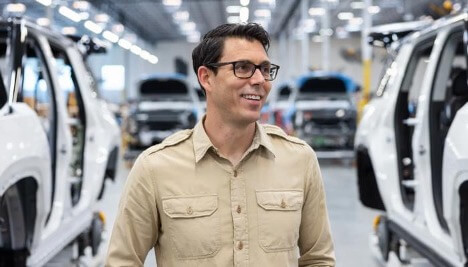
In my home city in a western U.S. state, gasoline is expensive, but most drivers still prefer it to making the big switch to an electric vehicle. Yet it appears that as electric vehicles evolve, they are winning fans among some of the more adventurous American drivers.
The other day, for the first time, I saw a Rivian electric R1T pickup truck on a hometown road. In the midst of rush hour traffic, it silently pulled up next to me at the light – gleaming silver proof that some Americans know they don’t have to burn fossil fuels to get around.
Whether the driver of the electric silver pickup knew it or not, vast opportunities for Rivian opened up on that same day, July 25, 2024.
The publicly traded electric vehicle manufacturer, Rivian Automotive Inc., RIVN, a young company based in Irvine, California, with an assembly plant in Normal, Illinois, had a transformational announcement – the German giant Volkswagen AG, VWAGY, would invest up to US$5 billion.
Initially, Volkswagen says it will invest $1 billion in Rivian, with plans to invest up to US$4 billion more, half in the automaker’s common stock, information that caused a surge in that stock to ripple through the markets.
The other half will fund a Rivian-Volkswagen joint venture to develop electrical/electronic (E/E) architecture and advanced software technology. Upon successful implementation of the joint venture, planned for later this year, Volkswagen would receive immediate access to Rivian’s current E/E architecture technology for use in its own electric vehicles.
Equally owned and controlled by both partner companies, the joint venture is expected to enable increased production of electric vehicles while lowering the production cost per truck, car or SUV.
RJ Scaringe, founder and CEO of Rivian said, “We’re very excited to be partnering with Volkswagen Group. Since the earliest days of Rivian, we have been focused on developing highly differentiated technology, and it’s exciting that one of the world’s largest and most respected automotive companies has recognized this.”
“Not only is this partnership expected to bring our software and associated zonal architecture to an even broader market through Volkswagen Group’s global reach, but this partnership also is expected to help secure our capital needs for substantial growth. Rivian was created to help the world to transition away from fossil fuels through compelling products and services, and this partnership is beautifully aligned with that mission,” Scaringe rejoiced.
While each company will continue to separately operate their respective automotive businesses, both aim to launch vehicles based on the technology created within the joint venture “in the second half of the decade,” Rivian said in a statement.
Electrical/electronic Automotive Architectures Evolving Fast
In the shorter term, the Volkswagen Group will be able to license Rivian’s existing electrical/electronic (E/E) architecture and software platform to accelerate VW’s own plans to produce a Software Defined Vehicle (SDV). SDVs can receive upgrades and new applications throughout their lifetimes, by means of a centralized architecture.
In the automotive world, architecture means “configuration, design concept, and design method,” according to Bosch Corporation, a Tokyo-based company that offered 20 presentation themes centered on software defined vehicles at the Automotive Engineering Exposition 2024 in Yokohama, Japan in May.
E/E architecture is the system that connects in-vehicle electronic control units, or ECUs, the sensors and actuators in modules that control the engine, the transmission, the brakes, and the suspension, just a few of the systems these ECUs control. Next-generation electrical/electronic (next gen E/E) zonal architecture enables integration of the many different subsystems into a common architecture.
For instance, the powertrain control module (PCM) controls more than 100 factors in a car or truck. Many hundreds of error codes can occur, each indicating a problem and turning on the “check engine” light. And that PCM is just one of many on-board computers – the brains of the engine control system.
Automotive E/E architectures have evolved from the early days when decentralized models and single ECUs were dominant; today ever-increasing numbers of ECUs require closer integration.
With 150 or even more electronic control units in some premium vehicles, in-depth development, integration, and validation are needed. In this context, E/E architecture is a critical variable that requires nuanced judgements over budgets and configurations.
In the past few years, domain centralized architectures have emerged, so that a few domain computers can replace several ECUs, “enabling more complex cross-domain functions,” according to McKinsey’s Semiconductors Practice, a specialty of the global consultancy, and the Global Semiconductor Alliance.
Oliver Blume, CEO of Volkswagen Group said, “Our customers benefit from the targeted partnership with Rivian to create a leading technology architecture. Through our cooperation, we will bring the best solutions to our vehicles faster and at lower cost.”
“We are also acting in the best interest of our strong brands, which will inspire with their iconic products,” Blume said. “The partnership fits seamlessly with our existing software strategy, our products, and partnerships. We are strengthening our technology profile and our competitiveness.”
Months of work done to ascertain that Rivian’s electrical architecture and software are compatible with Volkswagen Group’s vehicles has been successful, and the parties now expect the completion of the joint venture formation in the fourth quarter of 2024.
Adventures in Fast-Charging
Rivian is creating its own charging network – called the Rivian Adventure Network DC fast charging network. Central to it is a new charger that can accommodate a wider range of electric vehicles, and Rivian plans to begin opening its fast-charging network to vehicles from other EV manufacturers later this year.
In April, Rivian showcased a prototype of its new charger, designed to charge nearly every EV available today in North America. The new charger is taller than earlier models and features a longer cable to accommodate differences in vehicle charging port placement.
This next-generation charging hardware, engineered and built by Rivian in Normal will deliver rapid charging to both 400 and 800-volt packs and feature CCS connectors with support for North American Charging Standard (NACS)-equipped vehicles with an approved adapter.
Support for native NACS, also labeled SAE J3400, will come with a future hardware update. Each charger has a larger display and tap-to-pay terminal to enable effortless use with or without the Rivian mobile app. To date in 2024, Adventure Network chargers have demonstrated an uptime of over 98 percent, Rivian says.
“Rivian exists to address two specific needs, the electrification of our transportation system and supporting the transition of our power grid to carbon-free energy sources,” said Paul Frey, vice president of battery, charging, and adventure products at Rivian.
“By broadening access to our Rivian Adventure Network – powered by 100 percent renewable energy – we are supporting both of these critical goals while also encouraging more people to embark on their next adventure in an EV.”
Starting later this year, Rivian plans for all new Adventure Network sites to be built using the company’s next-generation charger; existing charging sites will be retrofitted with new chargers to accommodate EVs of different shapes and sizes. Where practical, sites will be built with a trailer-friendly charger to accommodate vehicles that are towing.
By opening its network, Rivian will also qualify for an expanded set of national initiatives such as the National Electric Vehicle Infrastructure program, in addition to more state and utility programs that support expanded EV charging throughout the United States.
Illinois Offers 'REV Illinois' Tax Credits to Retain Rivian
Rivian’s decision to launch production of its second-generation electric vehicles in Normal, rather than in Georgia, another candidate location, will bring $1.5 billion in capital investment and hundreds of jobs to the central Illinois Rivian factory, Scaringe and Governor J.B. Pritzker announced on May 2.
“They’re growing now and they had the opportunity to grow in Georgia or in Illinois,” Governor Pritzker said during a news conference at the Rivian plant. “We wanted them to stay right here and create jobs here. That was why we put an incentive package together and made that offer to Rivian.”
Backed by US$827 million in state incentives from Illinois in addition to the Volkswagen investment, Rivian plans to expand its four million-square-foot auto plant in Normal and begin rolling R2 electric SUVs off the production line in 2026.
Scaringe said, “The support from the state will allow us to quickly bring our midsize SUV, R2, to market and provide even greater consumer choice for EVs.”
With people from the Illinois Department of Commerce and Economic Opportunity, local leaders and partners heard the details of a new Reimagining Energy and Vehicles in Illinois (REV Illinois) incentive package for Rivian’s new $1.5 billion investment in Normal.
The investment is expected to create more than 550 full-time jobs in Normal within the next five years to help the company produce the new R2, an electric midsize SUV that fits five people and their gear.
“We are taking a tremendous step forward – for our electric vehicle ecosystem, for our economy, and for our state,” said Governor Pritzker, a Democrat. “This partnership brings significant investment in the Illinois workforce – including another manufacturing training academy, a dual credit apprenticeship program for high school students, and further support through the Employer Training Investment Program. Not only are we creating the jobs of the future, we are providing Illinoisans the skills they need to fill them.”
The planned $1.5 billion investment in the Normal assembly plant will expand production capacity to 215,000 vehicles a year, with a focus on building the R2 mid-sized electric SUV.
The majority of the incentives will come from state tax credits paid out over 30 years, if Rivian meets its investment and hiring obligations.
Rivian says the company received more than 68,000 preorders for the $45,000 R2 within 24 hours of its online debut.
Fertilized by Investment, Normal Poised to Grow
Normal, Illinois, the site of Rivian’s production plant, is expected to boom. The town’s name reflects the town’s history. A teachers’ college, then called a Normal School, became Illinois State University in 1857. Today the Town of Normal is counts 52,700+ residents.
How quickly Rivian’s circumstances have changed!
It was just three months ago, in April, that Rivian had to announce a workforce cut of about one percent. The second round of job cuts this year, it was blamed on the slowing demand for EVs generally in the face of inflation.
Rivian currently employs 7,000 assembly workers at the Normal plant. The new $827 million state incentive package is funded through $634 million in tax credits over 30 years. The incentive agreement requires Rivian to retain at least 6,000 jobs during the entire 30 year period.
“Basically, if they don’t meet the job requirements, they don’t get the incentive,” Governor Pritzker said.
In the former Mitsubishi and Chrysler auto factory on the outskirts of this college town 130 miles (209 km) south of Chicago, Rivian builds its full-size electric R1T pickup truck, its R1S SUV, and commercial delivery vans for AT&T and Amazon.
It was Mitsubishi’s sole North American auto assembly plant, but it closed in May 2016.
Scaringe purchased the shuttered factory for $16 million from a liquidation firm in January 2017. With more than $1 billion in investment and expansion, the plant has built more than 100,000 EVs since starting production in 2021.
Amazon has ordered more than 100,000 electric vehicles to be built at the plant to meet its commitment of net-zero carbon emissions by 2040.
Amazon co-founded The Climate Pledge in 2019 and as part of that pledge, Amazon partnered with Rivian to bring 100,000 electric delivery vehicles to the road by 2030 and designed a new state-of-the-art delivery vehicle on the road today.
With its commitment to have all 100,000 electric delivery vehicles at work by 2030, Amazon, supplied by Rivian, will eliminate millions of metric tons of carbon per year.
All of this production and hopefully prosperity it brings could fulfill the residents’ vision of a place where parks and natural places flourish.
The town of Normal has environmental goals based on the opinions of its residents and visitors as expressed in a survey this past winter. More than 510 people responded.
The three things with the most personal impact on respondents were simple: a strong economy with environmentally sustainable businesses, access to safe drinking water, and access to nature.
The community wants the Town of Normal to plant trees – a top priority for 52 percent of survey respondents – and design more streets to be bike and pedestrian-friendly – a top priority for 38 percent of respondents.
After planting trees, the next highest priority for residents in the lowest income bracket was restoring parks to their native habitats.
A convincing 84 percent of respondents support the Town investing in new sustainability practices, with more than half of respondents saying it improves the quality of life for residents and visitors.
The most supportive groups were female, low income, and/or under the age of 34.
With the expected prosperity the expanded Rivian factory may bring, Normal could plant trees and restore parks, and generally decarbonize, to become a greener, more sustainable place.
Toute l’actualité de Movin’On
dans votre boîte mail
Auteur
Partager
Tweets de @movinonconnect
Movin'On 2035 TODAY EP02 - Circular Economy & Competitivity
Movin’On 2035 TODAY EP01 – Fair Mobility for All https://x.com/i/broadcasts/1yNxagBrWZbGj
✨ THAT'S A WRAP!
Movin'On Summit 2024 has just concluded in Brussels!
More than 350 leaders and experts in sustainable mobility gathered to exchange ideas, collaborate, and share their vision for desirable and decarbonised mobility in Europe. Together, we explored ways to build…
🔴 Live from #MovinOnSummit2024
@AshaSumputh has just invited Denis Machuel, CEO at @AdeccoGroup and Florent Menegaux, President of the @Michelin Group & President of Movin'On
L’actualité de la mobilité durable
Découvrez les dernières tendances, des analyses thématiques et nos prochains rendez-vous

